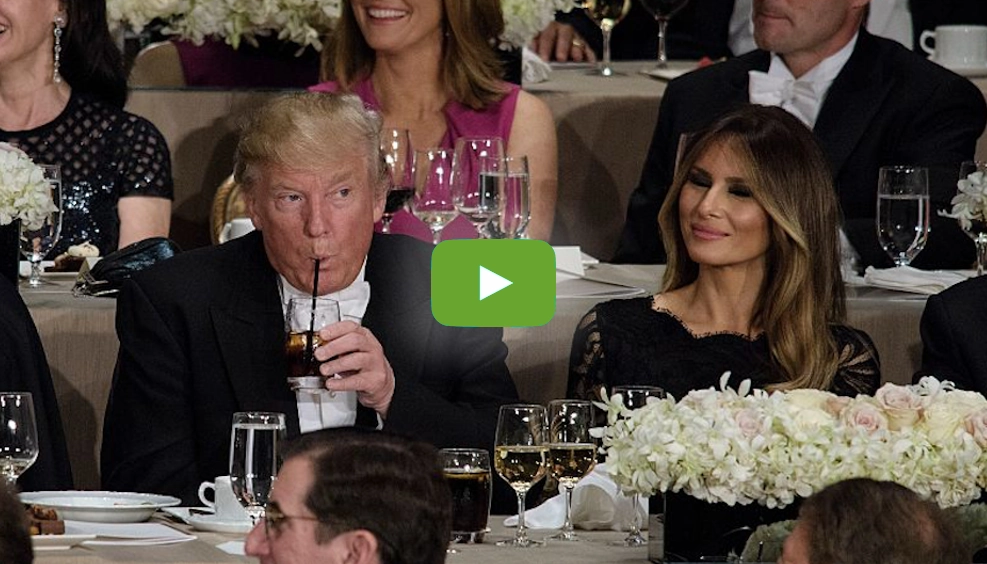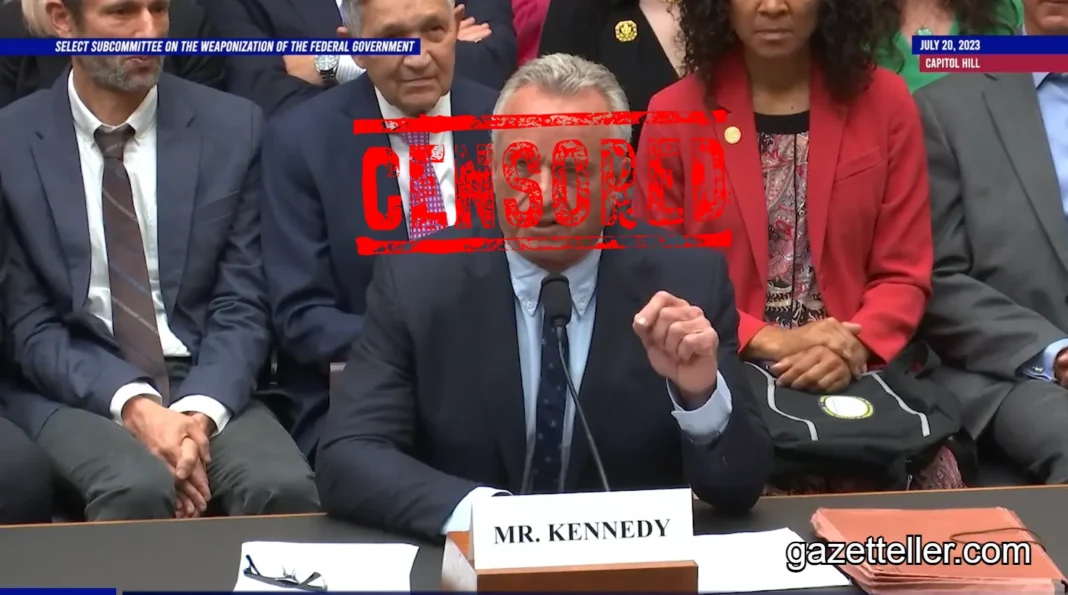
In a shocking display of audacity, eight Democrats took it upon themselves to attempt to muzzle 2024 presidential candidate Robert F Kennedy Jr. during a hearing that was ironically centered around the very theme of censorship. The irony is palpable, and the implications are chilling.
On a fateful Thursday, as the Select Subcommittee on the Weaponization of the Federal Government convened, the air was thick with tension. Kennedy, having been invited to share his insights, had barely concluded his testimony when Rep. Debbie Wasserman-Schultz, in a move that reeked of political maneuvering, called for a vote to silence him. Her justification? An alleged violation of House Rule 11 Clause 2.
Wasserman-Schultz, with a tone that dripped with disdain, accused Kennedy of making “despicable antisemitic and anti-Asian comments.” She cited a recent article from the New York Post, which detailed a dinner where Kennedy discussed studies indicating racial disparities in susceptibility to the Covid virus. But in a classic twist of media manipulation, his citation was misconstrued as his personal belief, leading to an uproar among Democrats.
The audacity to label Kennedy’s statements as “racism” and then move to prevent him from speaking is a testament to the lengths some will go to suppress voices that challenge the status quo. The very committee that invited him to speak was now witnessing an attempt to stifle his voice.
Wasserman-Schultz’s dramatic performance didn’t end there. She boldly claimed that “Covid-19 attacks certain races disproportionately,” only to be interrupted by Chairman Jim Jordan, who questioned the nature of her remarks. Was she making a motion or merely grandstanding?
The drama escalated when Stacey Plaskett, Delegate for the US Virgin Islands, chimed in, challenging the time allotted to Kennedy and accusing Chairman Jordan of inconsistency in enforcing time limits. The tension was palpable, with Jordan retorting that if Plaskett wished to further silence Kennedy, she was welcome to try.
As the vote ensued, the results were telling: 10 in favor of tabling the motion to censor Kennedy and 8 against. But even amidst this democratic process, Wasserman-Schultz couldn’t resist taking another jab, stating her opposition to “allowing a witness to degrade and defame others.“
Kennedy, ever the statesman, responded with grace and poise, highlighting the smear campaign against him. “I am being censored through this target, through smears, through misinterpretation, through lies, through association,” he declared.
In an era where freedom of speech is under siege, this incident serves as a stark reminder of the lengths some will go to suppress dissenting voices. The attempt to silence RFK Jr. is not just an affront to him, but to every citizen who believes in the sanctity of free speech and the democratic process.
In the end, the question remains: If we cannot trust our elected officials to uphold the principles of democracy, then who can we trust?
The answer, dear reader, lies in our collective vigilance and our unwavering commitment to the truth.





